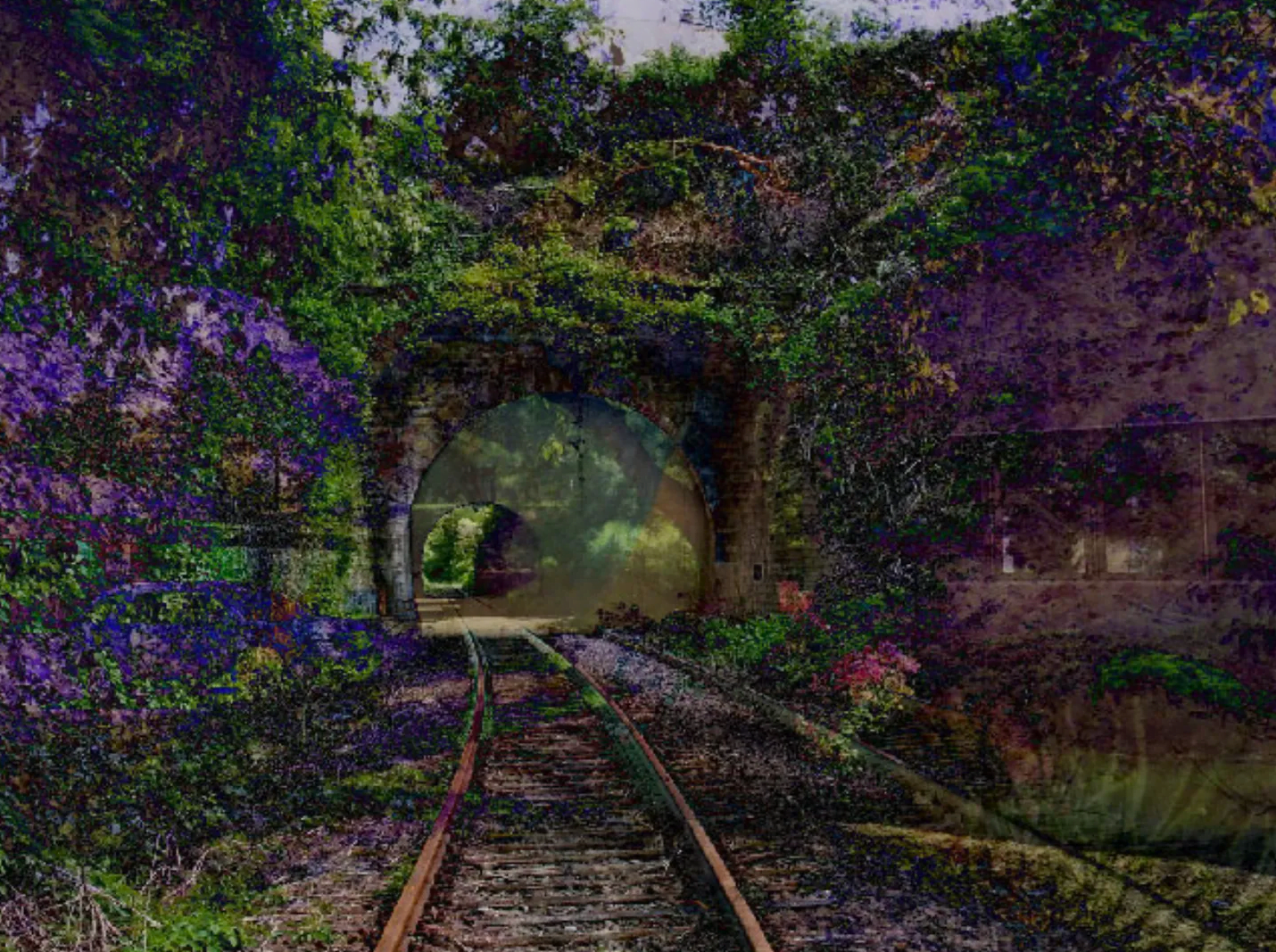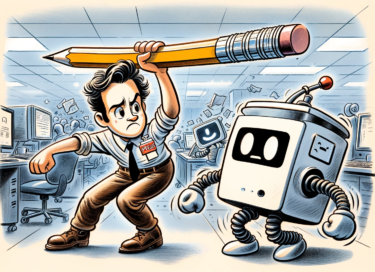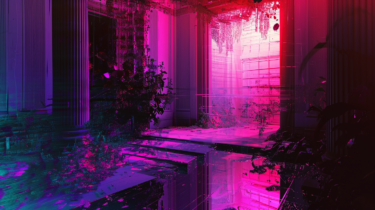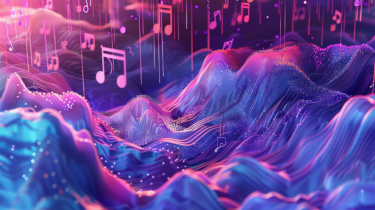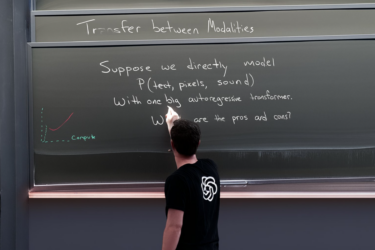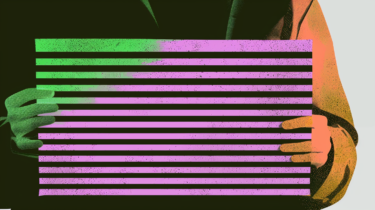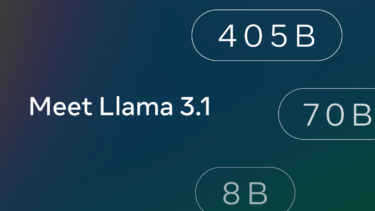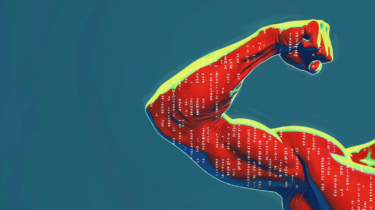AI inventor Stephen Thaler has again failed in his attempt to enforce copyright on AI-generated content. However, the judge's ruling provides a glimpse of the changes that may be needed in copyright law.
Last Friday, U.S. District Judge Beryl A. Howell ruled that an AI image cannot be copyrighted. The ruling upholds the U.S. Copyright Office's February 2022 opinion that Thaler's AI image "A Recent Entrance to Paradise" (see cover image) is not subject to copyright.
Similar to his numerous patent disputes, Thaler wanted the office to recognize the image as a commissioned work of the AI for him as the owner of his generative image system "Creativity Machine". This would register the AI as the creator and him as the owner.
Thaler is a member of the advocacy group The Artificial Inventor Project, which seeks to establish patents for work generated by AI systems.
"Human authorship is a bedrock requirement of copyright"
But Judge Howell agrees with the Copyright Office, citing previous rulings such as the famous monkey photo. Copyrights can only be granted for works that have human authorship, which is the "bedrock requirement of copyright," she said.
However, the judge does not close her mind to new laws in the age of AI; on the contrary, in her reasons for the ruling, she admits that current copyright law reaches "new frontiers" when artists use AI for their art.
The key question for future courts is likely to be how much human input is required in the creation of an AI work for it to be protected by copyright: Is an imaginative idea cast in an effective prompt enough? Or does it require additional effort, such as training a specialized system?
According to Howell, the originality of AI art produced by systems trained on copyrighted works must also be evaluated in this context. Such cases are already underway.
Thaler seeks an ideological approach to AI copyright
The judge's easy dismissal of Thaler's lawsuit is due to his motion, in which he deliberately admits that he himself was not involved in creating the image, thus removing the aforementioned complexity from the litigation.
This, in turn, is due to Thaler's "obsession," as a judge in an earlier AI patent case put it, with equating AI with human creativity. It would be much simpler to recognize AI as an artistic tool, with humans as the creators. Copyright in an AI work would then belong to the human who instructed the AI to create the image, not the AI system.
Thaler also argues that a copyright on AI images would incentivize more creation, which would be consistent with copyright's purpose of encouraging art that benefits the public. He plans to appeal.
